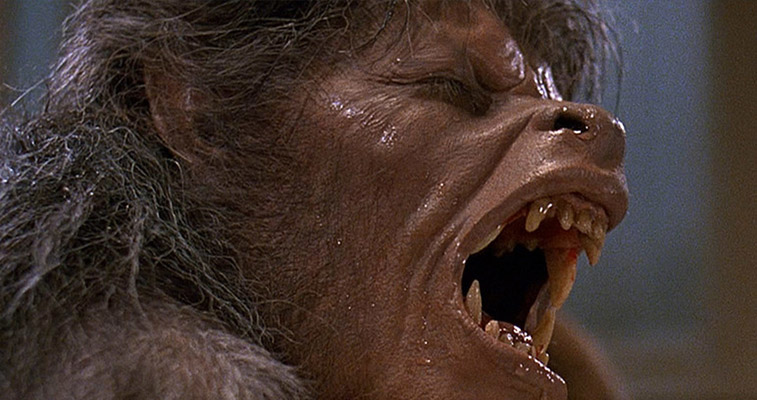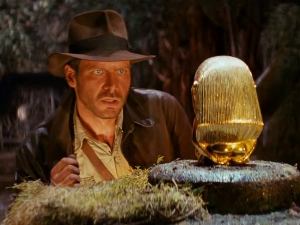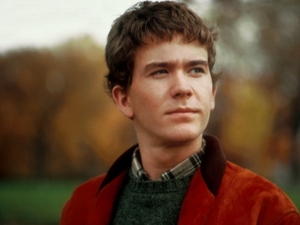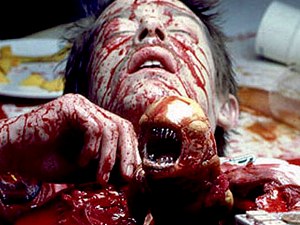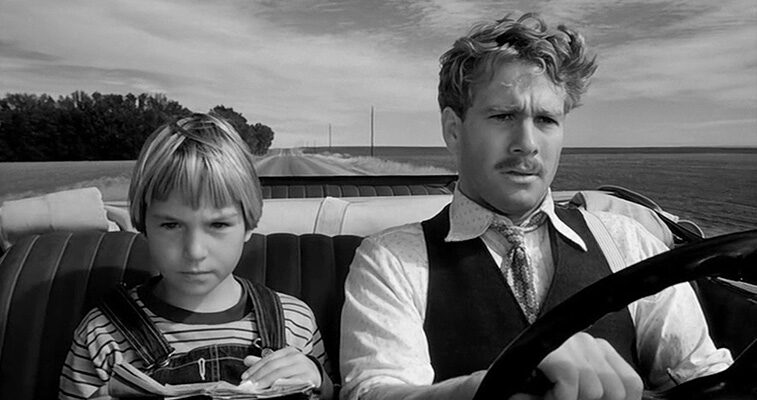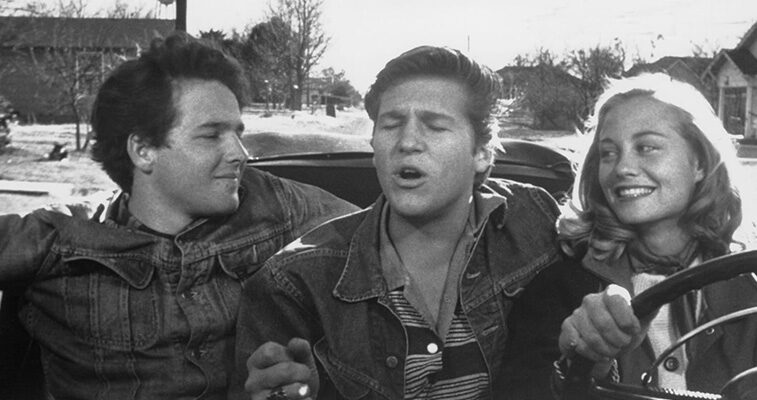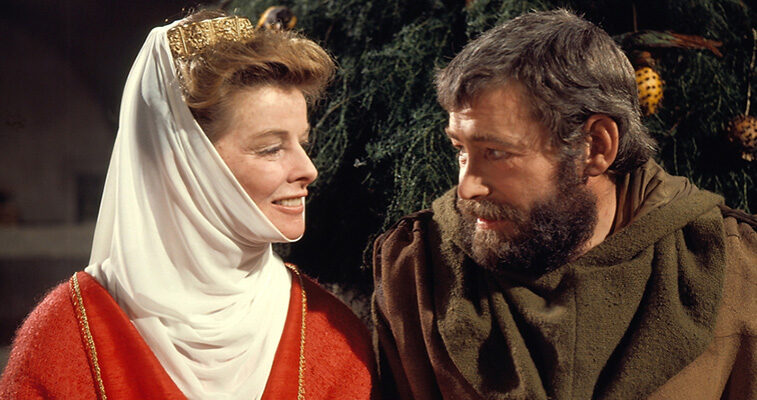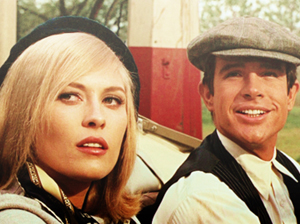Raiders of the Lost Ark (1981)
[10]
Steven Spielberg wanted to make a James Bond movie until his buddy George Lucas said, ‘I have a better idea.’ And he did. Lucas created Indiana Jones, a globe-trotting archaeologist who sought treasure for fortune and glory while encountering a variety of adversaries in his travels, starting with the Nazis in Raiders of the Lost Ark. Indiana Jones would become the new name of film adventure in the 1980s, paying homage to the cliffhanger serials of yesteryear while simultaneously elevating them with a bigger budget and more attention to craft and character. Lawrence Kasdan’s screenplay for Raiders of the Lost Ark is a well-oiled machine that never falters or skips a beat, balancing the thrills with a healthy dose of humor and the spectacle with likeable characters with whom you’re more than happy to go the distance.
Ordinary People (1980)
[10]
Robert Redford directs this adaptation of Judith Guest’s novel, about a family reeling from the accidental death of the eldest child. Unlike so many dramas, it’s what you don’t see and what isn’t said that makes Ordinary People such a gut-wrenching, powerfully moving film.
Timothy Hutton, Donald Sutherland, and Mary Tyler Moore give superb performances as family members struggling to reconnect with one another after the tragedy. Hutton won the Best Supporting Actor Oscar for his raw, riveting portrayal of young Conrad Jarrett. Moore plays his mother, an emotionally unavailable woman barricading herself from further distress by ignoring her family’s problems, even after Conrad tries to take his own life. Sutherland plays the father, the mediator between mother and son, desperately trying to hold his family together. Judd Hirsch appears as Conrad’s therapist, a savior shrink who forces Conrad to confront his guilt and fear.
Alien (1979)
Star Wars (1977)
Network (1976)
Paper Moon (1973)
The Last Picture Show (1971)
The Lion in Winter (1968)
Bonnie and Clyde (1967)
[9]
Warren Beatty and Faye Dunaway star as the legendary real-life bank robbers in Arthur Penn’s volatile Bonnie and Clyde. With its anti-hero point of view and graphic violence, this film helped lead the charge for grittier, more realistic fare that cropped up throughout the ’70s. While the film certainly sensationalizes the criminals, it also humanizes them. It’s easy to see how a bored waitress like Bonnie Parker would fall for a handsome bad boy like Clyde Barrow (I mean, who wouldn’t get in a car with smoking-hot Warren Beatty?) And since the two only robbed banks, they became folk heroes to a working class destroyed by foreclosures. I also like that the film suggests Clyde is impotent. It’s refreshing to see a tough guy with flaws and foibles, and it also makes the romantic relationship more interesting than most.

